Penguin Monarchs
THE HOUSES OF WESSEX AND DENMARK
| Athelstan | Tom Holland |
| Aethelred the Unready | Richard Abels |
| Cnut | Ryan Lavelle |
| Edward the Confessor | David Woodman |
THE HOUSES OF NORMANDY, BLOIS AND ANJOU
| William I | Marc Morris |
| William II | John Gillingham |
| Henry I | Edmund King |
| Stephen | Carl Watkins |
| Henry II | Richard Barber |
| Richard I | Thomas Asbridge |
| John | Nicholas Vincent |
THE HOUSE OF PLANTAGENET
| Henry III | Stephen Church |
| Edward I | Andy King |
| Edward II | Christopher Given-Wilson |
| Edward III | Jonathan Sumption |
| Richard II | Laura Ashe |
THE HOUSES OF LANCASTER AND YORK
| Henry IV | Catherine Nall |
| Henry V | Anne Curry |
| Henry VI | James Ross |
| Edward IV | A. J. Pollard |
| Edward V | Thomas Penn |
| Richard III | Rosemary Horrox |
THE HOUSE OF TUDOR
| Henry VII | Sean Cunningham |
| Henry VIII | John Guy |
| Edward VI | Stephen Alford |
| Mary I | John Edwards |
| Elizabeth I | Helen Castor |
THE HOUSE OF STUART
| James I | Thomas Cogswell |
| Charles I | Mark Kishlansky |
| [ Cromwell | David Horspool ] |
| Charles II | Clare Jackson |
| James II | David Womersley |
| William III & Mary II | Jonathan Keates |
| Anne | Richard Hewlings |
THE HOUSE OF HANOVER
| George I | Tim Blanning |
| George II | Norman Davies |
| George III | Amanda Foreman |
| George IV | Stella Tillyard |
| William IV | Roger Knight |
| Victoria | Jane Ridley |
THE HOUSES OF SAXE-COBURG & GOTHA AND WINDSOR
| Edward VII | Richard Davenport-Hines |
| George V | David Cannadine |
| Edward VIII | Piers Brendon |
| George VI | Philip Ziegler |
| Elizabeth II | Douglas Hurd |
Now in paperback

Epilogue and Conclusion
His fathers death and his anointing as king freed Edmund to mount a forceful resistance, one which earned him the byname Ironside. As Cnut continued to ravage across Mercia, East Anglia and Northumbria, King Edmund raised a large army. He pursued Cnut and brought him to battle, inconclusively, at Penselwood in Somerset and then at Sherston in Wiltshire. A third battle at Assandun in Essex proved decisive. Edmund, who had probably been wounded in this or one of the previous battles, was forced to sign a treaty with Cnut, conceding to the Dane all of England north of Wessex. When Edmund died about a month later, Cnut became king of all England, bringing to an end the viking wars.
thelreds reign of nearly thirty-eight years was the longest of any Anglo-Saxon ruler. If he had died in AD 1000, history would have remembered him more kindly. His story might have been that of a child-kings who, after a misspent youth, matured and embraced his father Edgars commitment to monastic reform. He ruled a prosperous and well-ordered kingdom. The vikings would have played a subordinate role in this narrative, with the defeat at Maldon perhaps a catalyst for thelreds spiritual awakening and harbinger of things to come in his successors reign. But thelred lived for sixteen more years, and during that time conditions steadily worsened as England suffered under wave upon wave of destructive viking raids, until one became a campaign of conquest.
However, the military failures and ultimate defeat of the English cannot be blamed on their kings lack of effort or reluctance to act. thelreds actions were those of an energetic ruler committed to the defence of his kingdom and willing to try whatever might work. But the military challenges were great. England had enjoyed peace for a generation and its military defences were ill-prepared to counter this hydra-headed enemy, as early defeats in the field dramatically revealed. Tribute, if paid in a timely fashion, was a prudent response, but it bought only a respite. Even if that fleet dispersed, it or a new one would appear the following year, encouraged by previous successes. The size of the kingdom of the English made it difficult to defend, and its fusion of Wessex, Mercia and the Danelaw was recent and still incomplete. Even given Englands precocious governmental development, the ability of the king to exert his will grew weaker the further one receded from the kingdoms West Saxon core. thelred had to rely on loyal, competent ealdormen and reeves to rule and to defend the realm, and too many of them proved to be neither. In part this was his fault: he was not the best judge of character, at least when it came to filling secular offices. He was also unable or unwilling to contain familial rivalries among the kingdoms nobility, a problem that had plagued his predecessors reign, and either turned a blind eye towards or condoned extrajudicial violence committed by favourites. This helps explain why so many looked to their self-interest and submitted to Swein and Cnut, despite the oaths of loyalty they had sworn to thelred. Most directly, the failure was military. thelred might be criticized for his reluctance to lead troops in the field. But his and his advisers greatest deficiency was a lack of a coherent strategic vision. One may question the Chroniclers theme of treachery and disloyalty, yet he was a keen observer and appreciated that the root cause of defeat was not the policies but their faulty implementation and the inconstancy with which they were followed. As a result,
When the enemy was in the east, then the army was in the west; and when they were in the south, then our army was in the north. Then all the counsellors were ordered to the king, and it then had to decide how this country should be defended. But whatever was then decided, it did not stand for even a month. In the end there was no head man who wanted to gather an army, but each fled as best as he could; nor in the end would one shire help another.
Illustrations
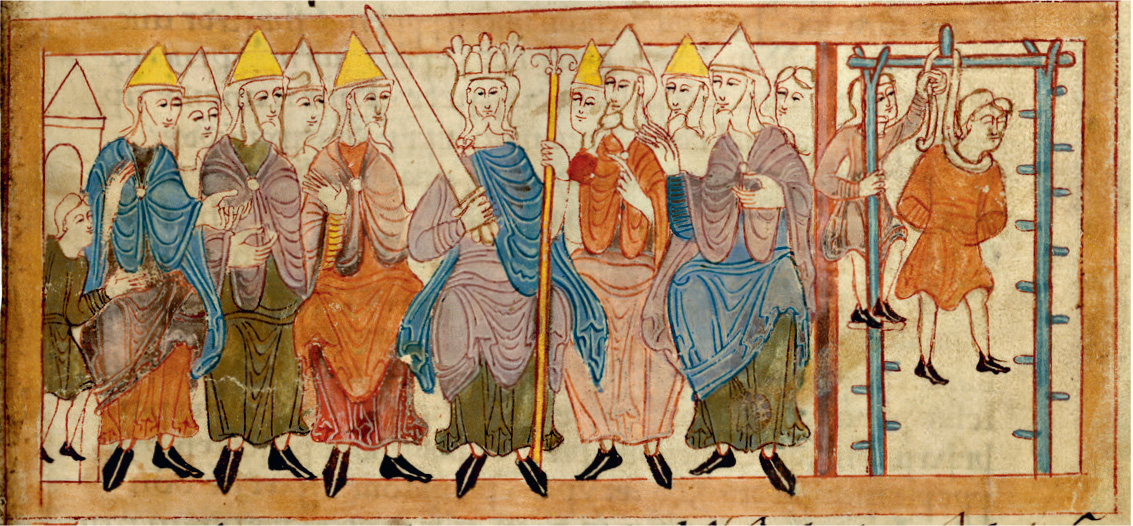
. Pharaoh has his chief baker hanged in a depiction of an Anglo-Saxon king with his witan from the Old English Hexateuch, second quarter of the eleventh century.
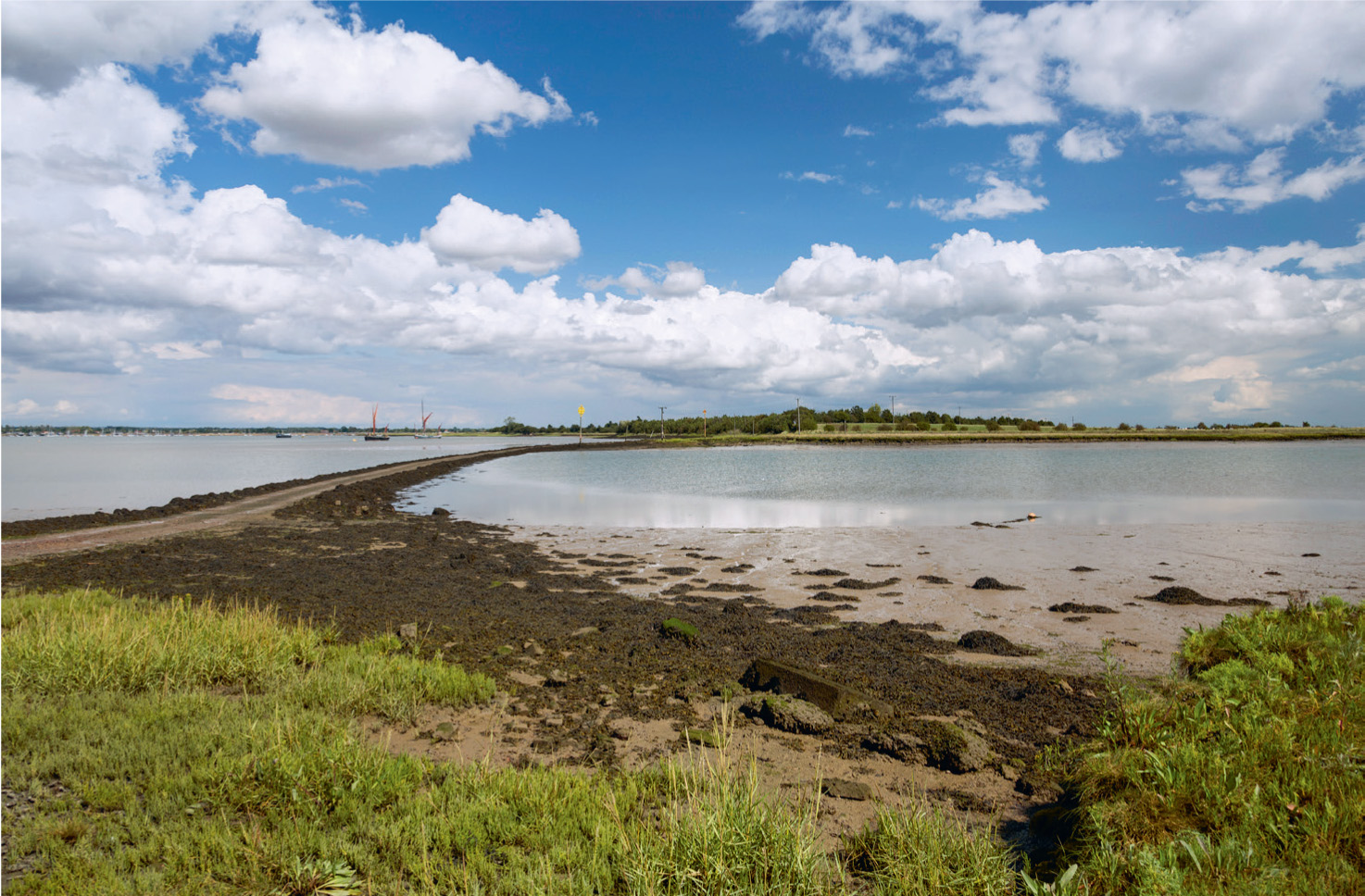
. A view of the causeway to Northey Island, Essex, the likely site of the Battle of Maldon in August 991.

. The Sea Stallion from Glendalough, a modern reconstruction of the great longship Skuldelev 2. Discovered in Roskilde Fjord, Denmark, in 1957, it is typical of the vessels that the vikings would have used in their devastating raids on England during thelreds reign.
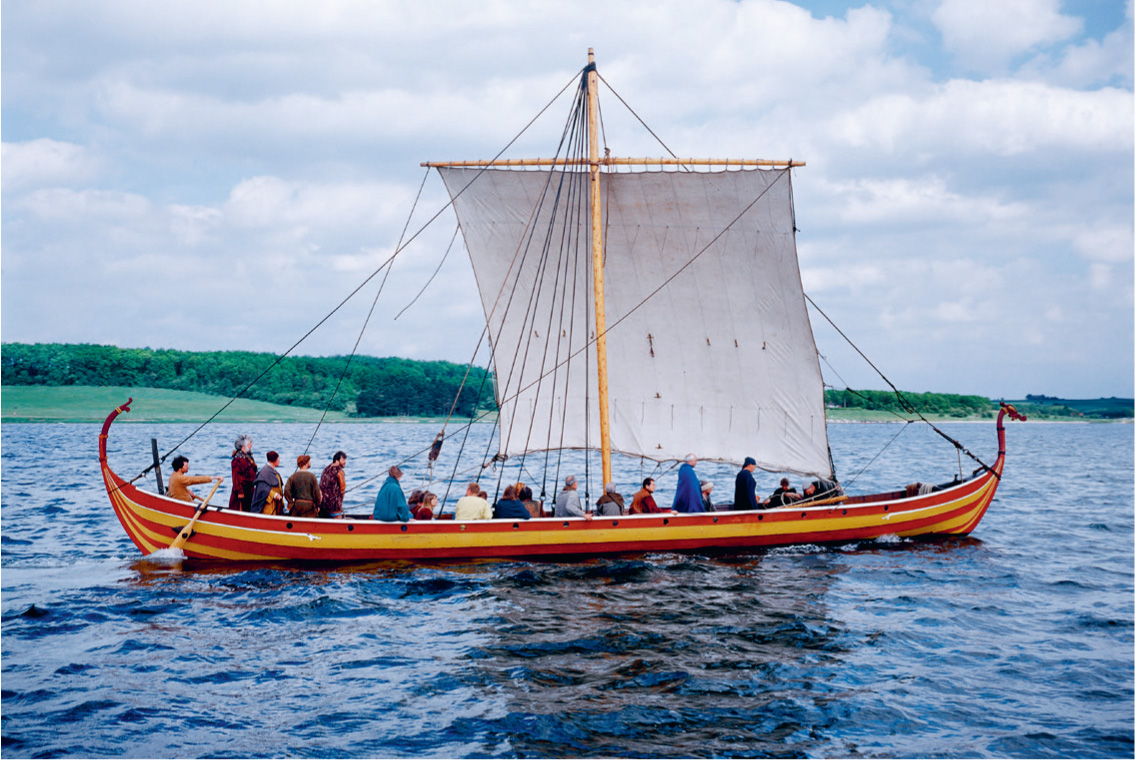

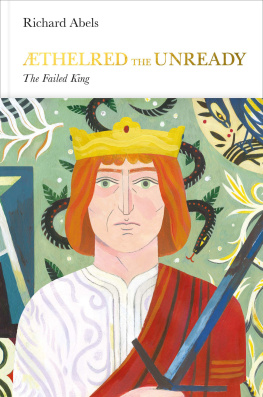
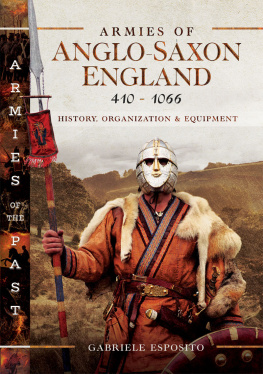
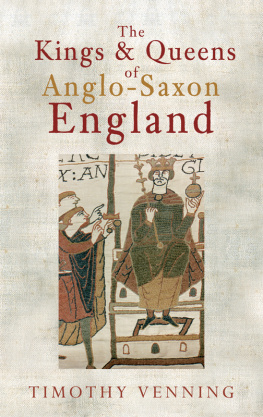

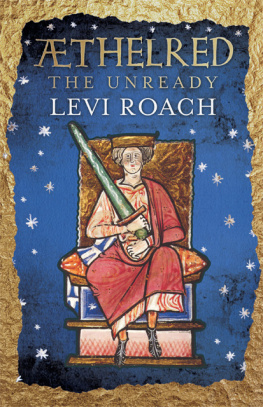

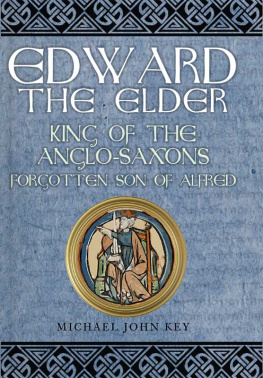

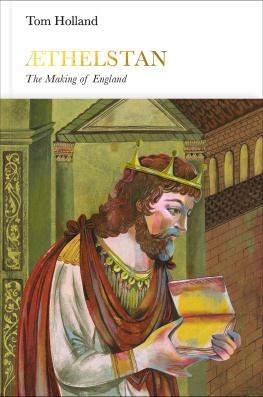
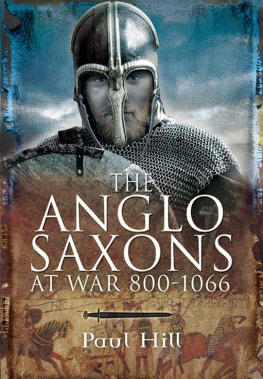
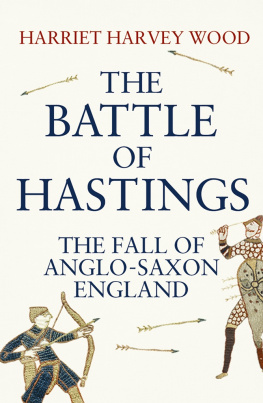

 . Pharaoh has his chief baker hanged in a depiction of an Anglo-Saxon king with his witan from the Old English Hexateuch, second quarter of the eleventh century.
. Pharaoh has his chief baker hanged in a depiction of an Anglo-Saxon king with his witan from the Old English Hexateuch, second quarter of the eleventh century. . A view of the causeway to Northey Island, Essex, the likely site of the Battle of Maldon in August 991.
. A view of the causeway to Northey Island, Essex, the likely site of the Battle of Maldon in August 991. . The Sea Stallion from Glendalough, a modern reconstruction of the great longship Skuldelev 2. Discovered in Roskilde Fjord, Denmark, in 1957, it is typical of the vessels that the vikings would have used in their devastating raids on England during thelreds reign.
. The Sea Stallion from Glendalough, a modern reconstruction of the great longship Skuldelev 2. Discovered in Roskilde Fjord, Denmark, in 1957, it is typical of the vessels that the vikings would have used in their devastating raids on England during thelreds reign.